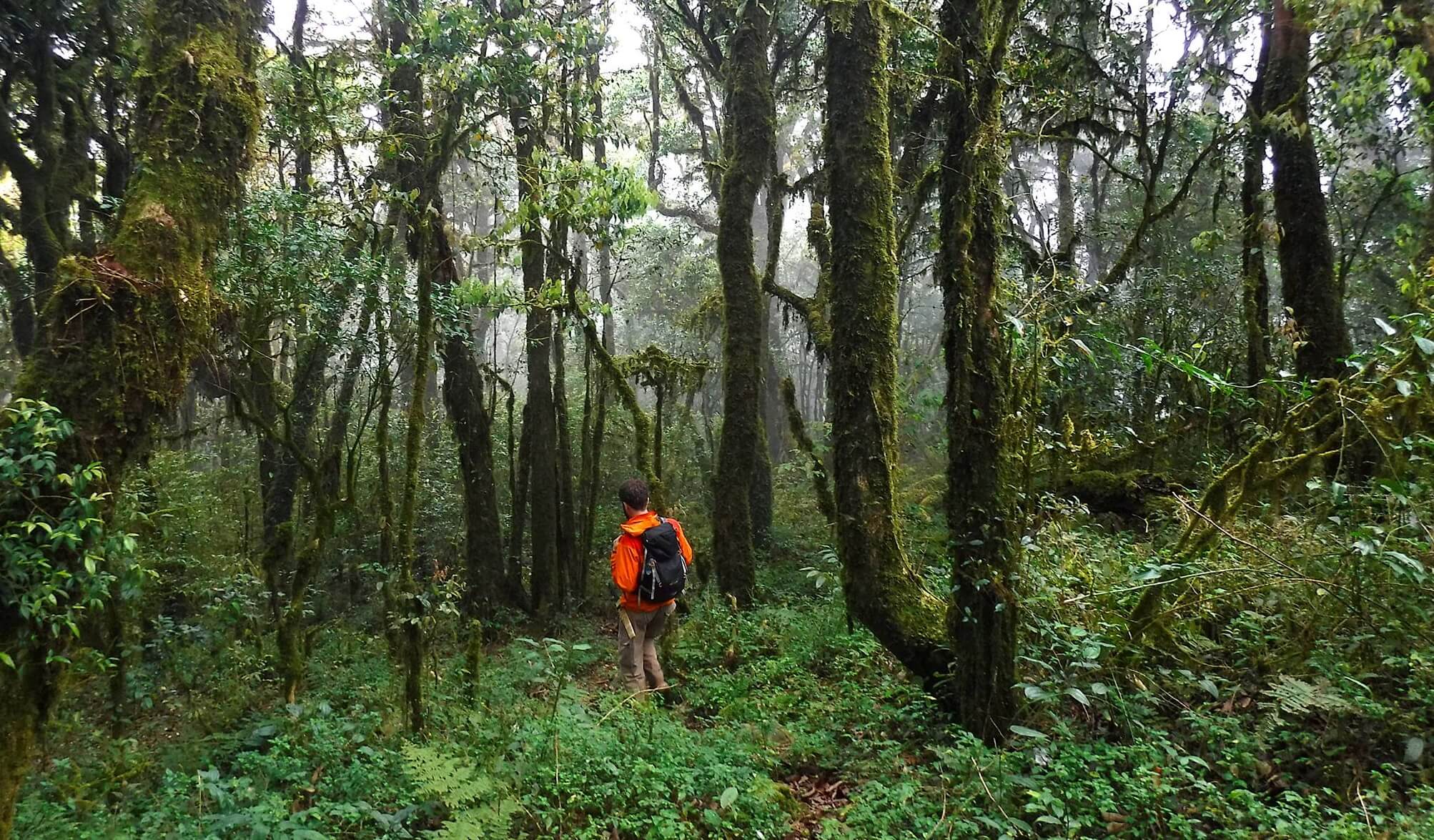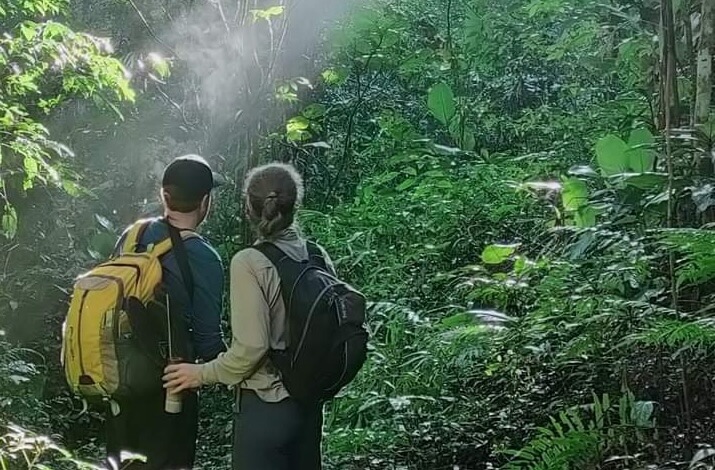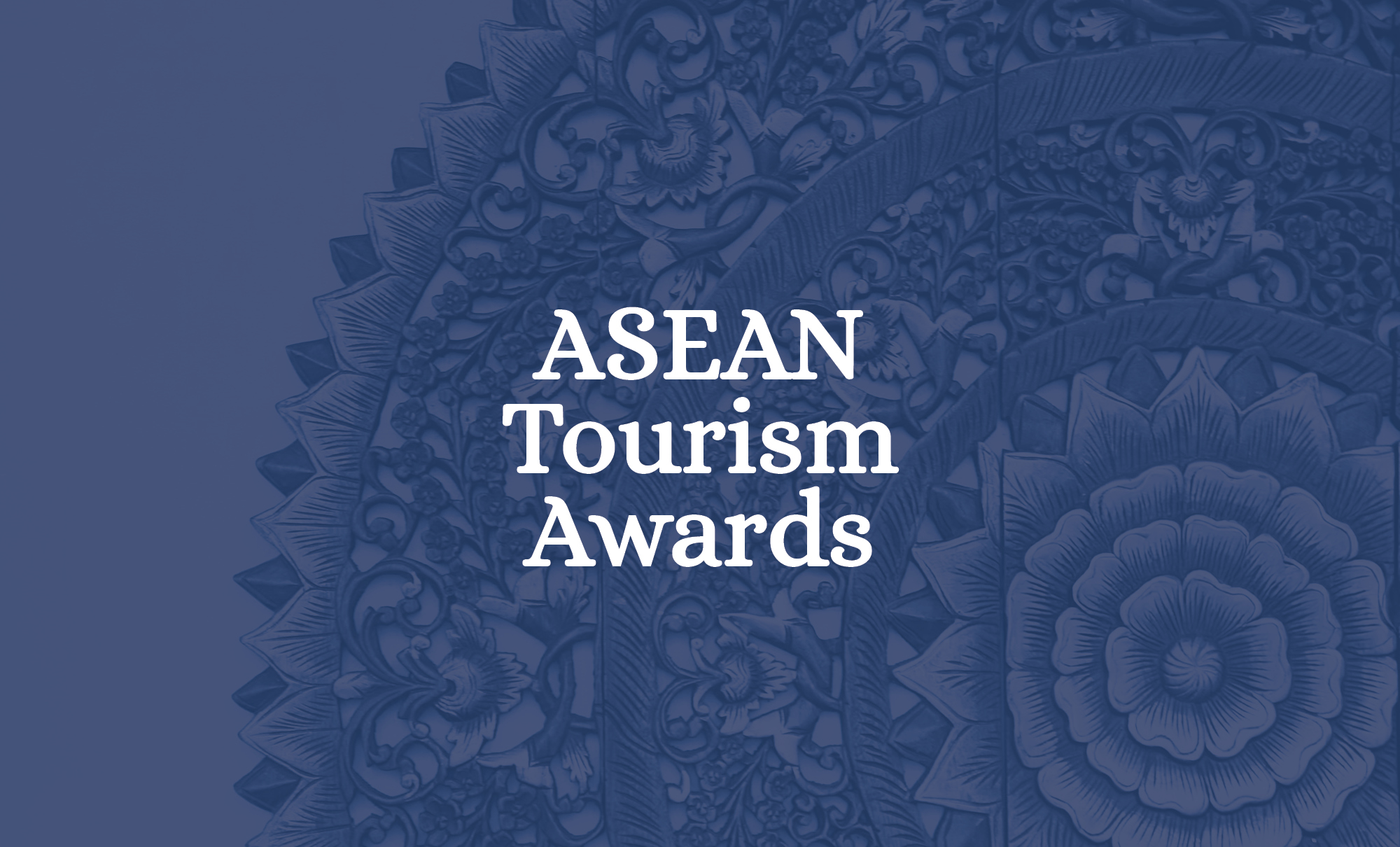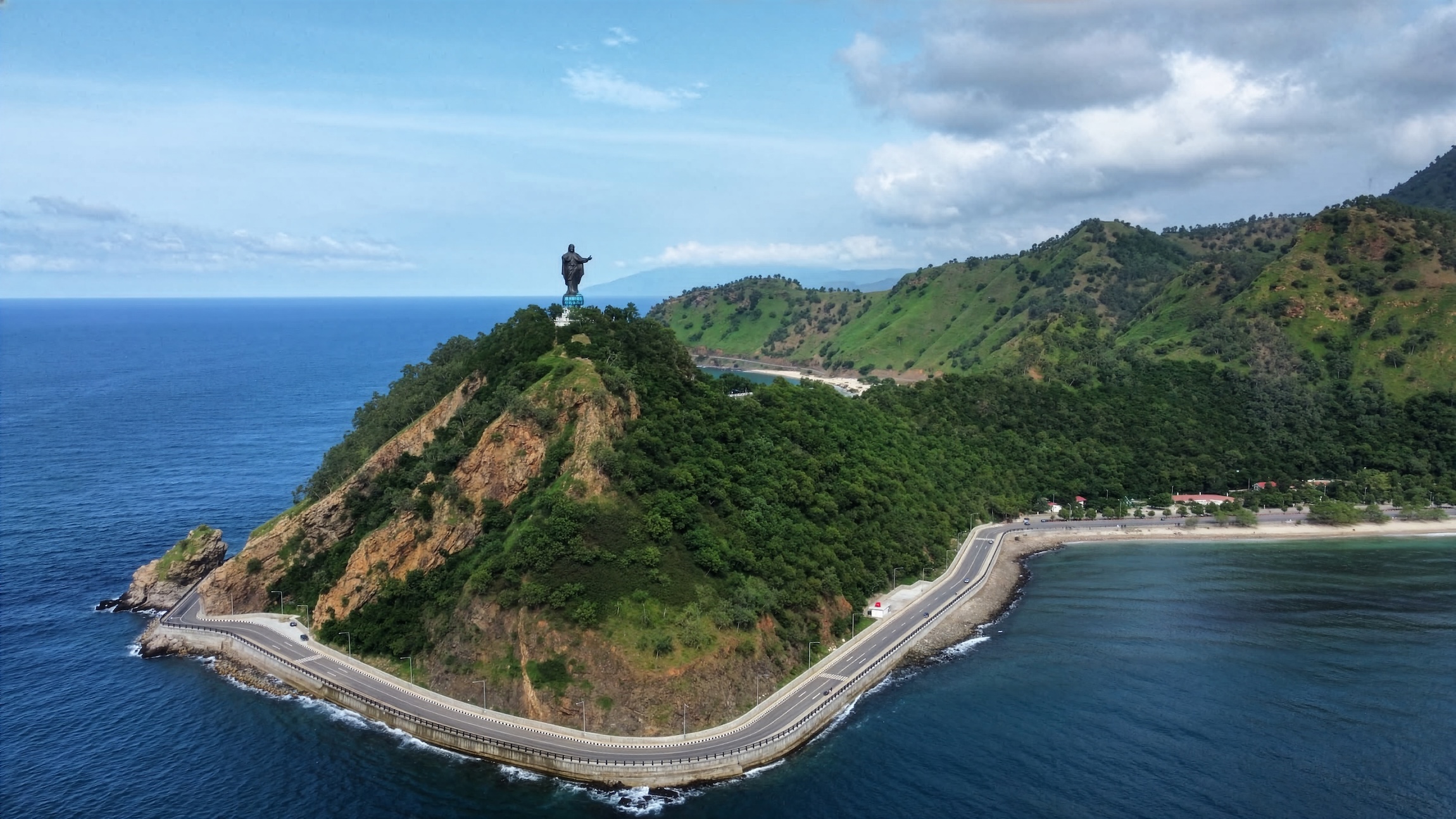




In a significant move that underscores Southeast Asia's commitment to sustainable tourism, the ASEAN Ecotourism Standard (AECOS) has been officially endorsed at the 44th and 45th ASEAN Summits under the leadership of Lao PDR, chaired by Sonexay Siphandone, Prime Minister of Lao PDR. The endorsement of AECOS reflects a broader regional effort to elevate sustainable tourism practices. This Standard aims to redefine how ecotourism is approached across Southeast Asia. The initiative was spearheaded by the Lao PDR in collaboration with ASEAN Member States, supported by the ASEAN Secretariat and experts from the Asia Ecotourism Network (AEN), and funded by the Economic Research Institute for ASEAN and East Asia (ERIA).
This milestone sets the stage for a transformative chapter in the region’s tourism sector, focusing on balancing economic development, environmental stewardship, and community well-being. The AECOS is a comprehensive document that covers essential ecotourism principles, including sustainable management, conservation of natural and cultural assets, active stakeholder engagement, enhancement of local community well-being, and meaningful educational experiences for visitors.
A spotlight on ecotourism operators
At the heart of AECOS is a vision to empower and uplift ecotourism operators. The initiatives range from individual entrepreneurs and small businesses to large organisations that curate and deliver ecotourism experiences. For operators looking to enhance their credibility and showcase their dedication to sustainability, AECOS provides a structured path to certification. AECOS assessment extends to three core areas:
- Ecotourism Activities: These encompass the variety of experiences offered by operators, such as guided wildlife tours, educational and cultural programmes, adventure activities, and interactive eco-friendly initiatives.
- Ecotourism Facilities: These include the physical spaces that accommodate visitors, such as hotels, homestays, restaurants, souvenir shops, visitor centres, nature trails, boardwalks, campsites, and even specialised infrastructure like canopy walks.
- Ecotourism Services: They refer to services provided directly and indirectly by tour operators, local communities, and educational centres, such as eco-friendly accommodations, local culinary offerings, interpretation services, and low-impact educational activities.
AECOS establishes a robust framework comprising nine thematic pillars and 65 distinct criteria, guiding operators toward sustainable excellence. The most critical aspect of this framework is a set of 35 mandatory criteria that operators must meet to achieve full certification. However, even those who do not attain 100 per cent compliance can earn recognition at varying levels—bronze, silver, and gold—acknowledging their ongoing commitment to sustainability.
The phased certification system is designed to measure compliance and incentivise operators to improve continuously. The rollout of the ASEAN Ecotourism Standard begins in 2025, inviting operators across the region to participate in this transformative process.

Why this matters: Regional and global impact
For tourism stakeholders, from policymakers to operators and investors, AECOS represents more than just a standard—it is a roadmap for the future of tourism in the region. Adopting AECOS reinforces Southeast Asia’s reputation as a premier ecotourism destination, a distinction that promises to attract conscious travellers from around the globe. These travellers are increasingly drawn to experiences that respect local cultures, prioritise sustainability, and contribute positively to local economies.
For international travellers, the AECOS implementation offers assurance that international travellers’ experiences are rooted in genuine ecological and cultural preservation. It aligns with a growing global trend: tourists looking beyond conventional travel for experiences that connect them with nature, deepen their cultural understanding, and leave a positive footprint.
Benefits for local communities and the environment
The impacts of AECOS extend far beyond tourism operators and travellers. Local communities stand to gain significantly from the implementation of these standards. By incorporating local stakeholders into the ecotourism value chain, AECOS promotes inclusive economic growth, creating job opportunities and fostering sustainable livelihoods. Additionally, the emphasis on conservation ensures that the region’s rich biodiversity and cultural heritage are preserved for future generations.
With robust guidelines promoting low-impact tourism and educational initiatives, AECOS fosters a culture of environmental respect among operators and visitors. This cultural shift is pivotal for areas that depend on tourism but are vulnerable to overexploitation and degradation.
A call to action: Embracing the future
As 2025 begins, the tourism industry in Southeast Asia is encouraged to gear up for participation. AECOS provides a clear path for players to enhance their practices and stand out in a competitive market. Beyond competition, the certification represents a shared responsibility and a collaborative effort to champion sustainability.
The AECOS is more than a set of guidelines; it is a call to action for a greener, more inclusive, and culturally rich tourism experience. By prioritising responsible practices and community-centred development, Southeast Asia positions itself as a leader in the global ecotourism movement—an example of how progress can be both profitable and sustainable.
Tourism operators, stakeholders, and travellers alike are urged to contribute to this collective vision, embracing the standards that will define a new era of travel, where the impact left behind is as valuable as the memories made.








